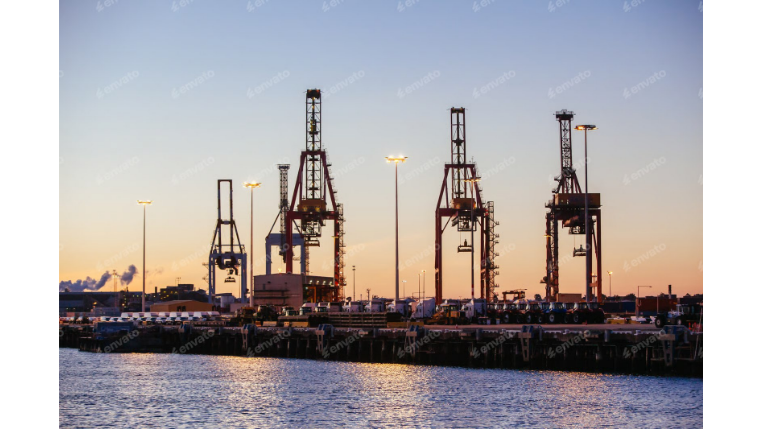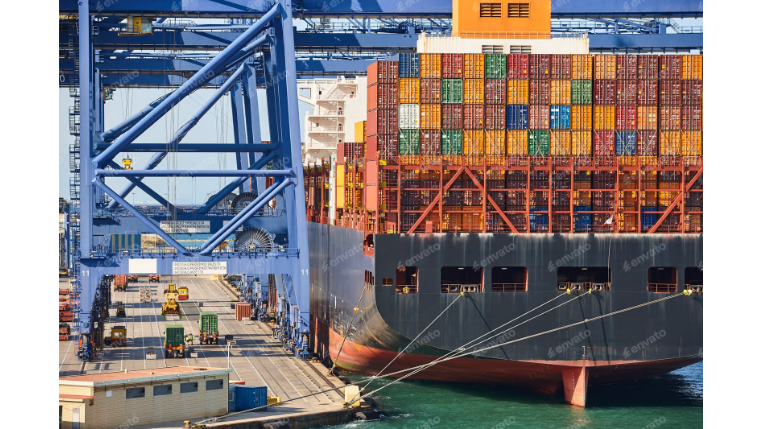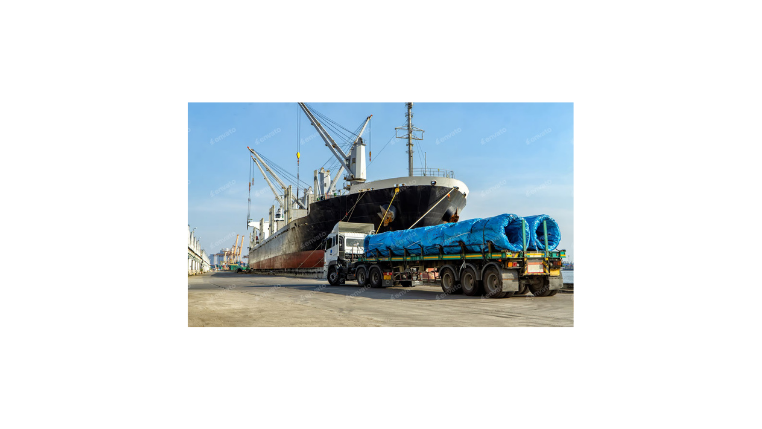What is Spot Freight?
Spot freight refers to the transportation of goods or cargo on a one-time basis, without a prearranged contract or long-term commitment. It involves booking transportation services for immediate or near-immediate shipment, usually at the current market rate. Unlike contract freight, which involves fixed agreements and long-term commitments, spot freight allows businesses to have flexibility in their shipping arrangements.
In spot freight, shippers or companies can find available carriers or freight brokers who have extra capacity on their trucks or vessels. This allows businesses to take advantage of available space and transport their goods quickly and efficiently. Spot freight can be an attractive option for businesses that have fluctuating shipping needs or require urgent transportation services.
Spot freight can be used for various types of cargo, including raw materials, finished goods, perishable items, and oversized or specialized shipments. It can be utilized for both domestic and international transportation, depending on the needs of the business. Spot freight services are offered by a wide range of transportation providers, including trucking companies, freight forwarders, and shipping lines.
How Does Spot Freight Work?
Spot freight works by connecting shippers with available carriers or freight brokers who have extra capacity to transport goods. When a shipper requires immediate or near-immediate transportation, they can search for carriers or brokers through various platforms or networks. These platforms allow shippers to post their shipment requirements and receive quotes or bids from carriers or brokers.
Once a suitable carrier or broker is found, the shipper can negotiate the terms and conditions of the transportation, including the price, pickup and delivery dates, and any special requirements. Once the agreement is reached, the carrier or broker will arrange for the pickup of the goods and ensure their safe and timely delivery to the designated destination.
Spot freight transactions are typically done on a load-by-load basis, without any long-term commitment or contract. The pricing for spot freight is usually determined by market conditions, such as current supply and demand, fuel costs, and other external factors. It is important for shippers to stay informed about market rates and trends to ensure they are getting competitive pricing for their spot freight shipments.
Advantages of Spot Freight
Spot freight offers several advantages for businesses, including:
- Flexibility: Spot freight allows businesses to have flexibility in their shipping arrangements. They can book transportation services as needed, without being tied to long-term contracts or commitments.
- Cost-Effectiveness: Spot freight can be a cost-effective option, especially when market rates are lower than contracted rates. Businesses can take advantage of competitive pricing and negotiate favorable terms for their shipments.
- Quick Response: Spot freight provides a quick response to urgent shipping needs. It allows businesses to secure transportation services promptly and ensure timely delivery of their goods.
- Access to Available Capacity: Spot freight allows businesses to access available capacity on carriers or brokers who have extra space on their trucks or vessels. This can be beneficial during peak seasons or when there is a sudden increase in shipping demand.
- Testing New Carriers: Spot freight provides an opportunity for businesses to test new carriers or brokers without committing to long-term contracts. It allows them to evaluate the service quality, reliability, and efficiency of different transportation providers.
Overall, spot freight offers businesses greater flexibility, cost-effectiveness, and responsiveness in their shipping operations.
Factors to Consider in Spot Freight
When utilizing spot freight, there are several factors that businesses should consider:
- Market Conditions: It is important to stay informed about market rates and trends to ensure competitive pricing for spot freight shipments. Market conditions, such as supply and demand, fuel costs, and economic factors, can impact the pricing and availability of spot freight services.
- Service Quality: While spot freight provides flexibility, it is crucial to consider the service quality of carriers or brokers. Businesses should evaluate the reputation, reliability, and efficiency of transportation providers before entering into agreements.
- Transit Time: The transit time for spot freight shipments may vary depending on the availability of carriers or brokers. It is important to consider the urgency of the shipment and ensure that the selected transportation service can meet the desired delivery timeline.
- Special Requirements: Businesses should communicate any special requirements or considerations for their spot freight shipments. This may include temperature-controlled transportation, handling of hazardous materials, or specific delivery instructions.
- Insurance Coverage: It is advisable to verify the insurance coverage of carriers or brokers involved in spot freight. Businesses should understand the liability and coverage in case of any damages or losses during transportation.
Considering these factors can help businesses make informed decisions and ensure smooth spot freight operations.
Tips for Utilizing Spot Freight Effectively
To effectively utilize spot freight, businesses can follow these tips:
- Plan Ahead: While spot freight offers flexibility, it is beneficial to plan ahead and anticipate potential shipping needs. This allows businesses to have sufficient time to search for carriers or brokers and negotiate favorable terms.
- Build Relationships: Developing relationships with reliable carriers or brokers can be advantageous in spot freight. By establishing trust and rapport, businesses can have more confidence in the transportation services provided.
- Monitor Market Rates: Keeping track of market rates and trends is essential in spot freight. This helps businesses to identify favorable pricing opportunities and negotiate competitive rates for their shipments.
- Use Technology Platforms: Utilizing technology platforms or networks can simplify the process of finding carriers or brokers in spot freight. These platforms allow shippers to post their shipment requirements and receive quotes or bids, streamlining the communication and negotiation process.
- Track and Communicate: It is important to track the progress of spot freight shipments and maintain regular communication with the carrier or broker. This ensures transparency and allows businesses to address any potential issues or delays promptly.
By following these tips, businesses can optimize their spot freight operations and achieve efficient and cost-effective transportation.










